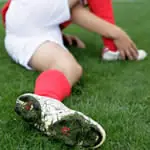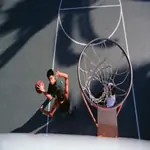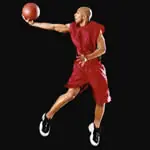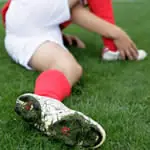When Bob McEwen was a kid, sports summer camps were little more than a way to kill some time at the local YMCA.
"I remember the camp counselor throwing out a basketball and saying 'Go play!'" he said. "I don't think I learned a thing that whole summer."
Things have changed. Today, summer sport camps are sophisticated enterprises designed to instruct campers in sport-specific techniques and, in some cases, possibly catch the eye of a university recruiter.
But between the glossy brochures and fancy Web sites touting well-known coaches, parents choosing a summer sports camp for their kids can often be overwhelmed with information that asks more questions than it answers.
What's a good camper/instructor ratio? How do you know if your kid is truly ready for a "showcase" camp? And precisely how much is that celebrity coach really going to be involved in the camp atmosphere?
Below are three tips to choosing the right sports camp for your child this summer.
Begin With the End in Mind
Understanding the goal of the camp experience is the first step to choosing an appropriate camp. According to Andrew Beinbrink of TheSportsTV.com, this begins with a realistic assessment of your child's ability and a frank conversation about what they hope to get out of the camp.
"Some camps are focused on getting an athlete exposure, while others specialize in giving them instruction to take them to the next level in a given sport," he said. "It's your job to make sure the camp fits the kid."
If exposure is your goal then camps at large universities make ideal choices with their emphasis on showcase combines and tournaments with a competitive focus. But beware camps that tout celebrity athlete guest speakers as effective teachers. As John Cupps -- a veteran of the camp process -- points out, "There is a huge difference between a good player and a good coach."
How do you know if your child is ready for a showcase camp? Talk to his or her current coach. They can often give you a better sense of whether your kid is prepared to take it to the next level. "It'll become pretty clear by the time a kid is a junior if they have an opportunity to play at the collegiate level," says Beinbrink.
On the other hand, instructional camps can usually be found at both the high school and university level. The key is making sure the camp's daily schedule includes plenty of instruction time -- at least four hours each day -- and doesn't have players sitting or standing around for long periods of time. (Carefully examine camp flyers for a daily camp schedule.)
- 1
- of
- 2







Discuss This Article